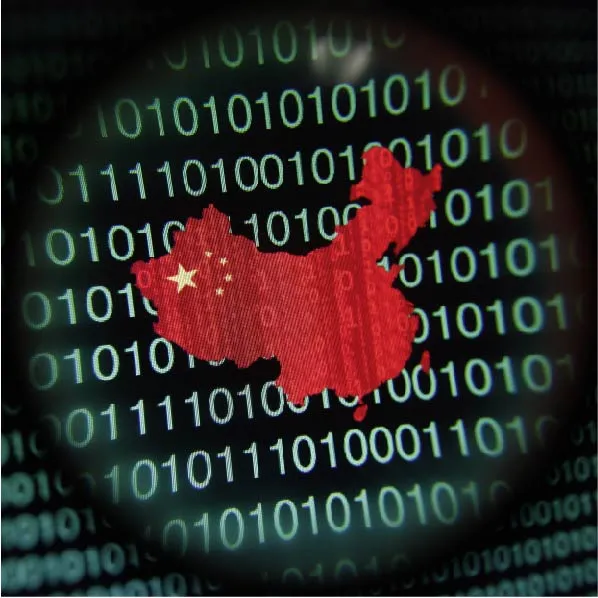Educator Overview
Case Overview
Fictional, set in the present day. Cyberspace is a new domain of conflict that has few accepted standards of behavior. Basic questions about it—including how countries should respond to cyberattacks—are still unresolved. In recent years, China has exerted authority over areas of the South China Sea also claimed by other Asian countries, leading to tension with the United States. Last week, following several near misses in the South China Sea between U.S. and Chinese military vessels and aircraft, as well as the theft of documents from U.S. military networks, the U.S. Air Force conducted a flight near a shoal claimed by China. Three days later, the Nasdaq stock market was hacked, which significantly harmed the U.S. economy. U.S. intelligence agencies believe some in the Chinese government knew about the attack, for which a Chinese hacker collective claimed credit. National Security Council members need to advise the president on the merits of a cyber response, economic sanctions, or military measures.
Decision Point
China, Brunei, Malaysia, the Philippines, Taiwan, and Vietnam have competing territorial claims in the South China Sea. In recent years, China has exerted authority over the area by increasing the size of existing islands or creating new ones. China has also constructed ports, military installations, and airstrips. The United States has promoted the right of military vessels to operate in China’s claimed two-hundred-mile exclusive economic zone. Furthermore, the United States has rejected China’s claim to a twelve-mile territorial zone around the artificial islands it has built. Since 2015, the United States has signaled its opposition by flying military aircraft and sending U.S. Navy ships near certain islands.
Last week, the U.S. Air Force conducted a flight near a shoal claimed by China in the South China Sea. Three days later, the Nasdaq Stock Market suffered a hack that damaged computers and forced the suspension of trading for two days. This imposed significant costs on various U.S. companies and dented confidence in the U.S. financial system. An underground hacker collective based in China known as the Zheng He Squadron has claimed responsibility for the hack. The group has known ties to the People’s Liberation Army, China’s military. U.S. intelligence agencies assess with 90 percent certainty that the hack occurred with the knowledge or support of parts of the Chinese government. Beijing claims no knowledge of the attack. The president has convened the National Security Council to discuss how the United States should respond.
Learning Goals
CFR Education simulations use a variety of pedagogical tools to create an effective, meaningful, and memorable learning experience for students that builds their global literacy. Students will develop crucial skills such as critical thinking, communication, collaboration, and creativity. Students will complete authentic assessments that feel relevant: instead of five-paragraph essays and book reports, students will write policy memos and participate in a role-play of a meeting of a foreign policy–making body. There are no right or wrong answers in actual policy deliberations, and there are none here, either; students will walk away from this experience with an appreciation for the complexity of policy questions.
In this simulation, students will learn about the National Security Council, as well as meeting these learning outcomes specific to this simulation:
- Students will understand that cyberspace is a new domain of conflict with few accepted standards of behavior and continues to be difficult to find agreement around.
- Students will consider the extent to which cyberattacks pose a threat to international peace and security.
- Students will evaluate the costs and benefits associated with options the United States could take in response to a Chinese cyberattack.
Concepts and Issues
Concepts
- Cyberattacks and cybersecurity
- Sovereignty
- Great power rivalry
- Nationalism
- Sanctions
Issues
- U.S.-China relations and China’s emergence as a rising power
- Territorial disputes in the South China Sea
- Definition of standards for behavior in cyberspace
- Military, economic, and other activities in cyberspace
- Information and communications revolution
